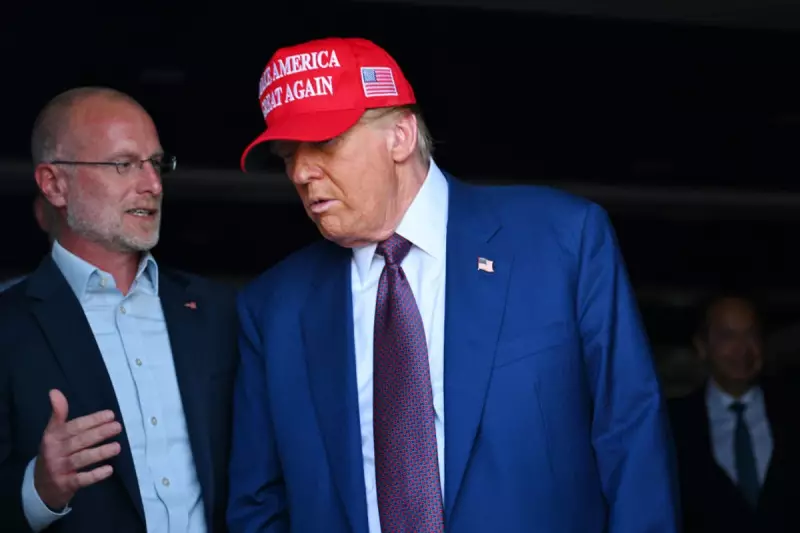
A prominent Trump-appointed official at the Federal Communications Commission (FCC) has ignited a political firestorm by launching a vehement online attack on popular US talk show host Jimmy Kimmel.
Brendan Carr, one of the FCC's senior Republicans, used social media platform X to deliver a scathing critique of Kimmel's commentary, particularly targeting the host's views on healthcare policy. The unexpected broadside from a communications regulator into entertainment territory has raised eyebrows on both sides of the Atlantic.
The Core of the Controversy
The dispute appears to centre around Kimmel's longstanding advocacy for universal healthcare in America, a position he has frequently discussed on his show, Jimmy Kimmel Live!. Carr's criticism suggests the late-night host is being hypocritical or ill-informed about the realities of healthcare policy.
In his social media posts, Carr didn't hold back, directly challenging Kimmel's expertise and motives when discussing complex healthcare issues on national television.
Political Dimensions Amplify the Clash
This isn't merely a celebrity spat—it carries significant political weight. Carr remains a influential figure in US communications policy and is considered a potential candidate for a major role in any future Trump administration.
The attack reflects the increasingly blurred lines between entertainment, media, and political discourse in American politics, where late-night hosts have become prominent commentators on national issues.
Broader Implications for Media and Regulation
Analysts are noting the unusual nature of a sitting FCC commissioner—whose role involves regulating broadcast media—directly attacking a television personality. This raises questions about the appropriate boundaries for regulatory officials when engaging with content creators.
The incident also highlights how social media platforms have become battlegrounds for political and cultural conflicts, with officials increasingly using them to bypass traditional media channels.
As both figures have substantial followings and influence, this confrontation is likely to fuel ongoing debates about healthcare, media bias, and the proper role of regulatory officials in public discourse.





